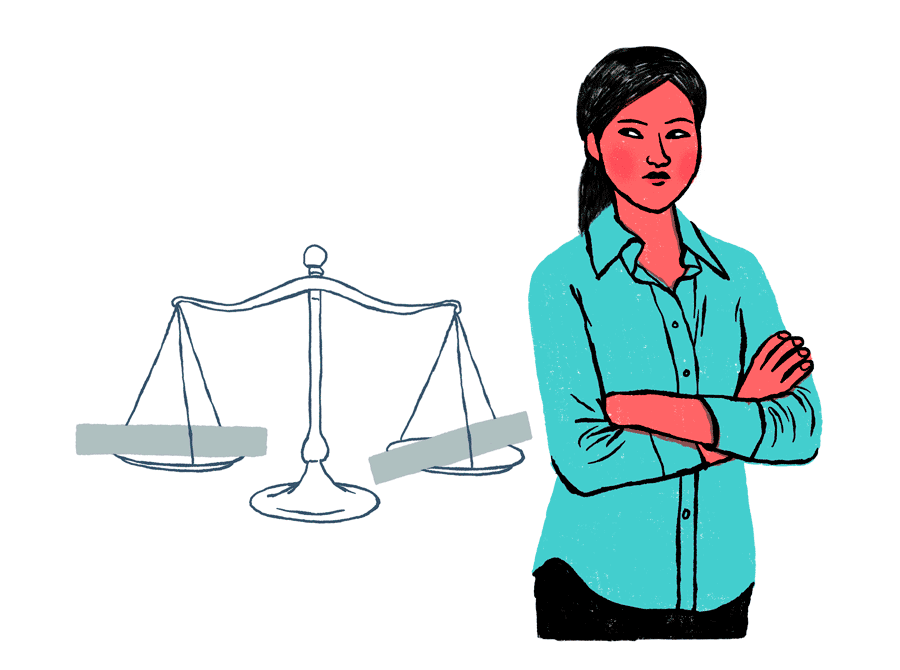I really struggle with the polarization of things. There are some topics that are obviously clearly defined in good vs bad, right vs wrong. Or to me, they seem obvious. But if there is anything the last few years have shown us, it’s that people are quick to go to extremes on topics they disagree about. And a whole lot of yelling ensues.
I think it’s fundamentally important to understand those you disagree with. Why do they believe what they do? What got them to that point? Do you truly understand their beliefs? I am often chided for being too empathetic to “the other side” but who is the other side to begin with? Don’t most things, human beings and their beliefs included, exist on a spectrum?
I came across the book Why are we Yelling: The Art of Productive Disagreements in this 99u piece about Flipping Your Fear of Conflict. The article and book are both about empowering people who are afraid of conflict, but the advice throughout is really something everyone could use:
“…what if, instead of dead-ends, disagreements were doorways? What if they weren’t about self-protection and judgment, but rather tools to find unexplored territories, new mental models, and broader realizations?”
The reality is, conversations don’t have to be done with the goal of coming to an agreement. They can be based solely on trying to understand one another. We often jump to the “facts” as we know them, ignoring how people truly feel about a matter. How can we get anywhere if we don’t understand one another, only data points?
In my view, it would be helpful if we’d all be a little more human to one another. To understand that we all have had experiences that have shaped who we are and that influence our beliefs. And that all this screaming is only creating a bigger divide. I recently posted this on twitter and received some great (albeit private) responses. What questions could you ask to start to understand those who may approach things differently than you?
Question for any republicans I know: who are/were politicians you feel truly exemplified the party and its ideals?
— natalie shahmiri (@morningaltruist) September 2, 2020
